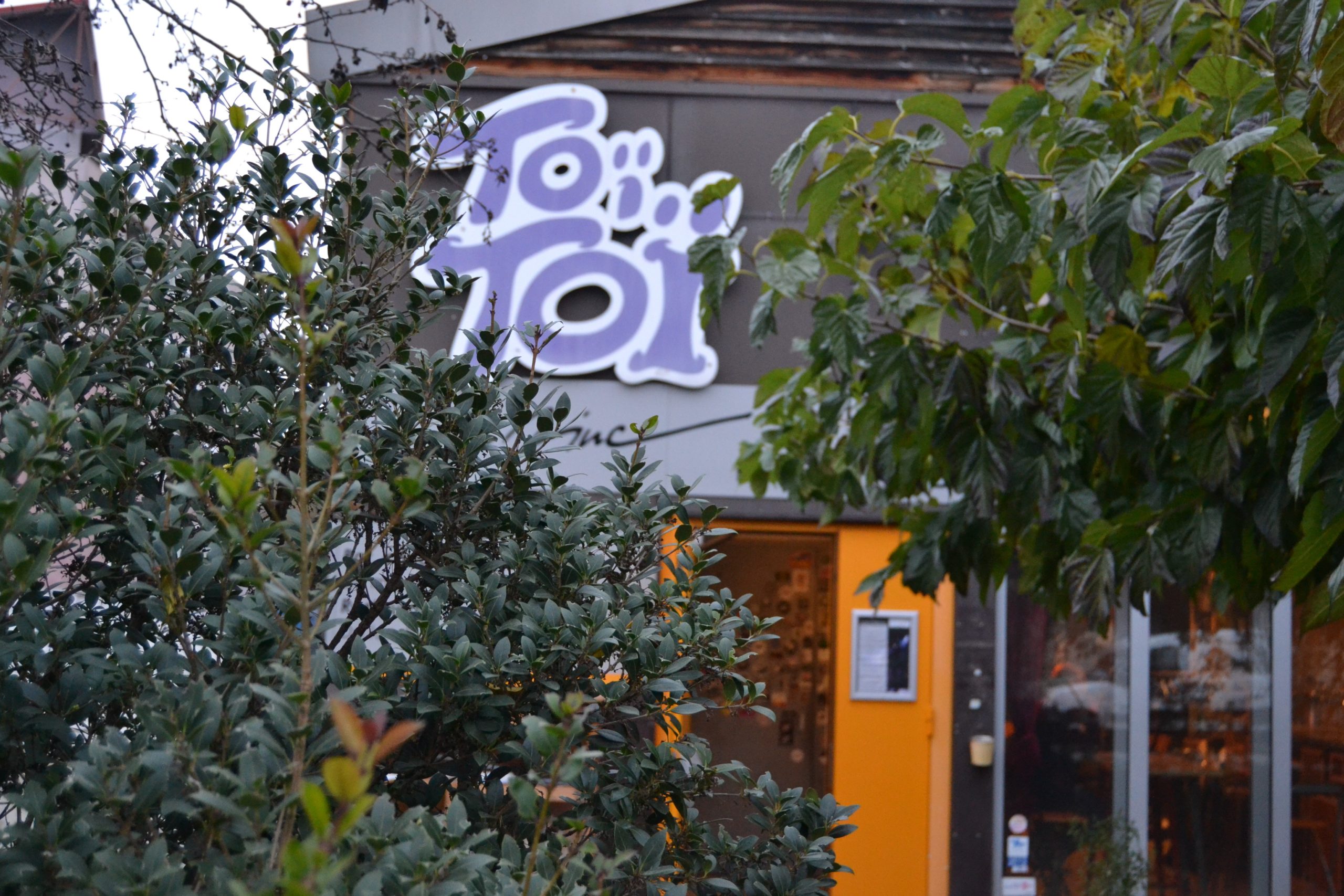ANP extension
ANNOUNCEMENTS•
Given the high energy prices, it is interesting for many people to make their homes more sustainable and thus save energy. Government offers subsidies for solar panels, heat pumps and insulation, but they end up in the wrong place, warns national ombudsman Reinier van Zutphen in a new report.
Making a home more sustainable is often not feasible for people on low incomes, even though it’s so important to them, says Van Zutphen. According to him, the people who need it most do not benefit from government financial support to alleviate “energy poverty”.
Property for rent
Low-income families often live in rented accommodation and therefore have little to say about sustainable adjustments. They also don’t know what the options for sustainability are and what municipal facilities are available.
Furthermore, one municipality offers much more help than the other, writes Van Zutphen, with the energy transition. But the main point is that low-income people don’t have the money to make sustainable investments.
This is very recognizable for Laetitia Ouillet, president of the national energy cooperative De Windvogel. According to her, it’s also often “complicated procedures and complicated legal texts” that people have to deal with. According to Ouillet, it also matters if you have “a municipality that has experience in the matter and has grant funds and can offer help.”
No money for sustainability
The national government is making 150 million euros available to the municipalities, which must use them to insulate homes in energy class E or worse in primis.
Also, there are energy cooperatives that want to help low-income people become more sustainable. They note that getting a green measures subsidy can be tricky. “There are many conditions that a small company cannot meet,” says Thijs van Daalen, secretary of ZeewoldeZon.
The association installs solar panels in Zeewolde. “I see the number of people who can’t afford sustainability growing.” Thanks to the solar panels, the 280 members of the association have a slightly lower bill. On average, it’s about 40 euros a year, says Van Daalen, “but this year we are making more profit than budgeted due to high energy tariffs. We distributed it to members. Depending on their consumption, they received an extra 160 euros per person.”
Laetitia Ouillet sees another problem for people who want to become more sustainable: “Private landlords have to advance everything themselves, and that’s a huge financial hurdle. Because once you’ve put the money away, you also have to see if there’s still a subsidy available.” He also notes that the government has “made good progress in recent months,” such as making it easier to apply for benefits.
Regulations often too complex
In the short term, the government is helping to deal with high energy bills. People with the lowest incomes will receive an energy allowance of 1300 euros in 2022 and 2023. However, according to Van Zutphen, their homes are not yet energy efficient and therefore energy costs will remain a heavy burden for a long time term.
There will also be an energy cap next year, which will set a limit on how many people will spend on energy costs up to a certain consumption. That “ceiling” costs many billions and applies to everyone. People can potentially save a lot of energy costs with this, but Ouillet questions the practice. “There are a lot of people who don’t understand the energy surcharge and the energy cap.”
For example, a DigiD is required to apply for the energy supplement and many older people find this difficult. “If there is help, anyone who is entitled to it must be able to request it in a very accessible way.”


